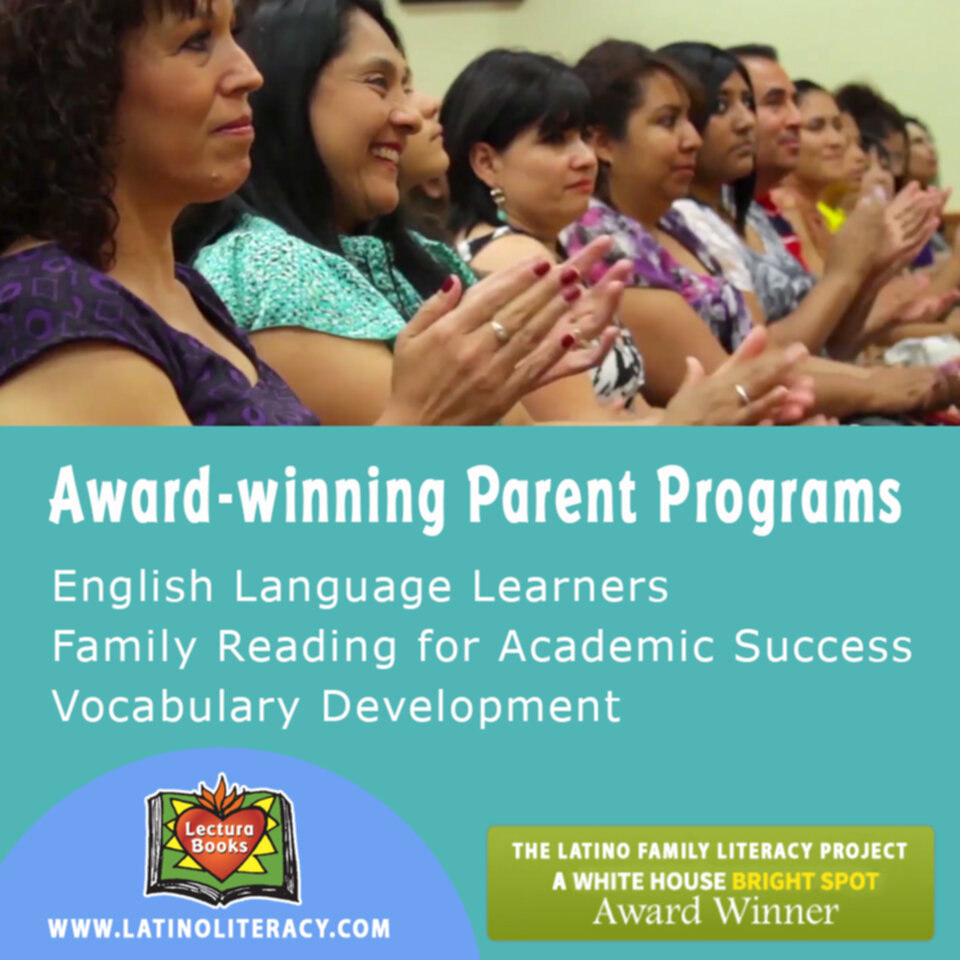 Paulo Freire and literacy circles are two phrases that are intricately intertwined with one another in the field of education. A biographical outline of the Brazilian-born philosopher and educator says that, essentially, Freire took education out of the classroom and created what’s known as the “culture circle,” where students used their own ways of speaking to verbalize their understanding of the world and subsequently, how to act to change their future. The article “Circles of Culture: Literacy as a Process for Social Inclusion” states that Freire believed that literacy should be used as a way to help with social change and personal transformation.
Paulo Freire and literacy circles are two phrases that are intricately intertwined with one another in the field of education. A biographical outline of the Brazilian-born philosopher and educator says that, essentially, Freire took education out of the classroom and created what’s known as the “culture circle,” where students used their own ways of speaking to verbalize their understanding of the world and subsequently, how to act to change their future. The article “Circles of Culture: Literacy as a Process for Social Inclusion” states that Freire believed that literacy should be used as a way to help with social change and personal transformation.
His work first began in the sixties in Brazil when he taught 300 sugarcane workers how to read and write in only 45 days, says another article on Freire’s work by the American International Journal of Social Science. In response, the government approved the development of thousands of cultural circles throughout Brazil. It was through these circles that people progressed extremely quickly. For instance, using his methodology in Nicaragua, illiteracy was reduced from 40 percent to just 13 percent in a 2-month period, the article adds.
Considered to be a foundational text of the critical pedagogy movement, in 1970, his book “Pedagogy of the Oppressed” was published in Spanish and English. Since then, it has received near-iconic status in teacher training programs across the US, says the biographical sketch.
Based on its teachings, the teacher has authority but is never an authoritarian. With parents considered to be a child’s first teachers, the Latino Family Literacy Project believes that this concept can be applied when helping their children learn to read. For instance, parents establish a reading routine from within the home, basically creating a type of culture circle that creates an environment where kids can talk about their world through bilingual books. However, the Project says that this is an educational process, as many parents play down their ability in being able to assist their children in the literacy endeavor. As such, it offers educators a 1-day program training near them or through an online webinar.
